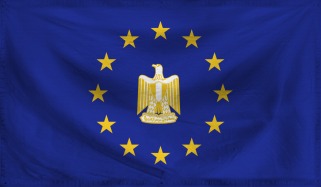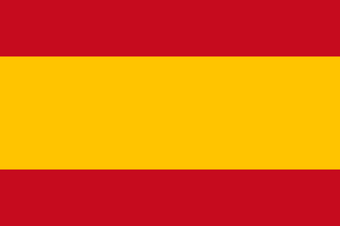Sarderia wrote:Portugal and Galicia
This looks good, though do you have a source for your population? The source I'm using has Portugal as around 2.5 million around 1765, but I don't know hava a source for the Galician lands. Otherwise, accepted!
The Orson Empire wrote:Spain looks potentially interesting, but I saw it was designated an NPC nation, though it could be nullified with a player app. Would there be any objections to me taking it?
No problem with it! You may want to use whatever information available about NPC Spain as help you don't absolutely need to.
I will be making another IC post within the next day or two for those waiting on me (be sure to TG or Discord me if there's anything that requires my attention and cowriting).
















